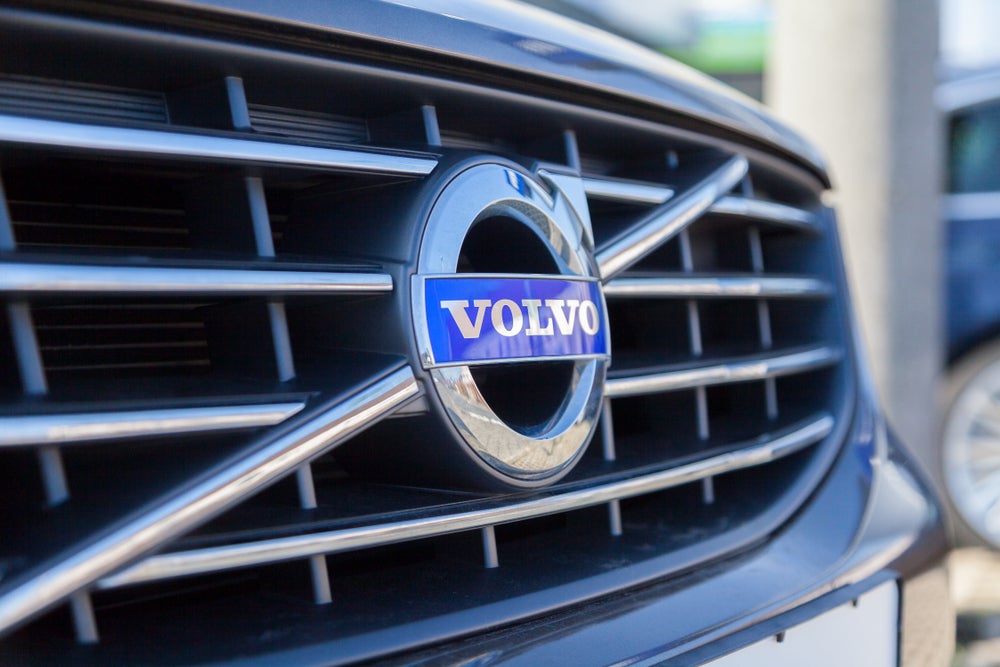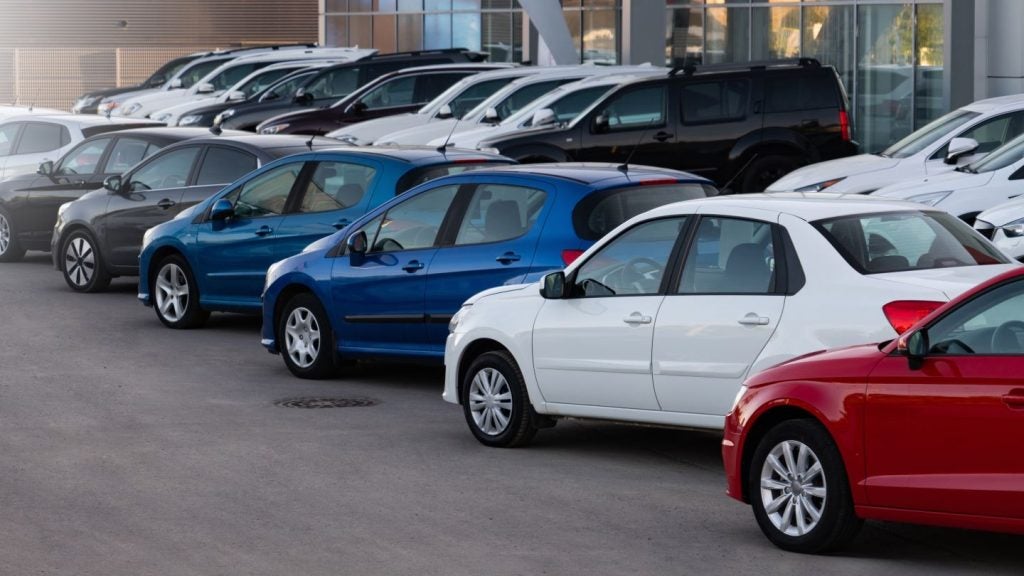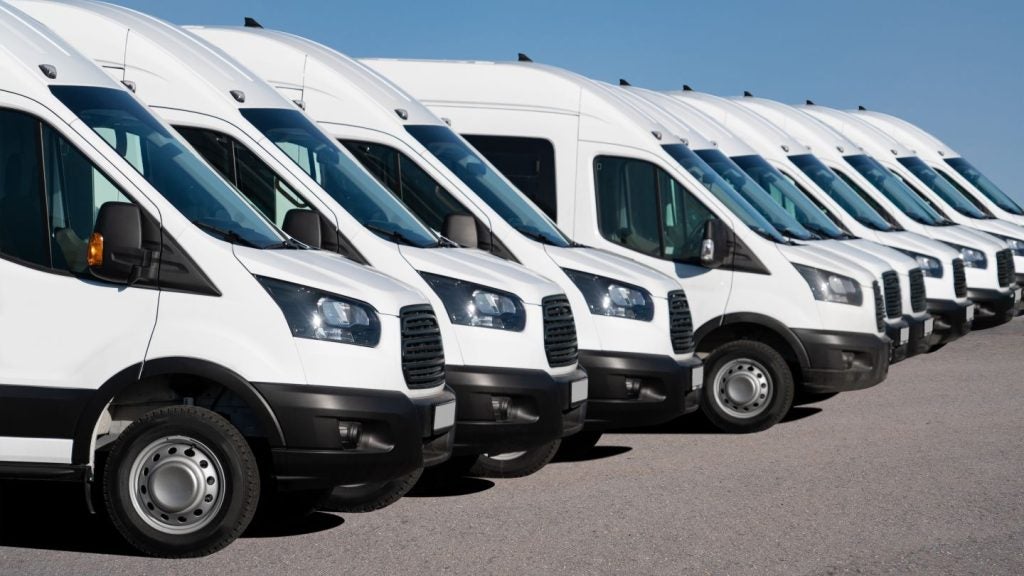Volvo Cars’ recent decision to cease production of diesel models marks a significant milestone in the automotive industry’s transition towards sustainable mobility.
By prioritising investment in battery-powered vehicles, Volvo has underscored the urgency for carmakers to embrace electric vehicles (EVs) and accelerate the shift away from traditional combustion engines.
Volvo has swiftly adopted electrification, steadily incorporating mild hybrid and plug-in hybrid technology into its lineup over the past five years. This gradual progression has culminated in the introduction of fully battery electric vehicles (BEVs) like the EX30 and EX90.
The move to discontinue diesel production reflects a broader trend among automakers, with many re-evaluating their strategies to align with evolving consumer preferences and regulatory requirements. Volvo’s decision sends a clear message: the future of transportation lies in electric propulsion.
However, the speed at which automakers ramp up EV production remains a critical factor in shaping the industry’s trajectory. As Volvo bids farewell to its last diesel model, other manufacturers face the pressing challenge of scaling up electric vehicle manufacturing capabilities. The transition to EVs requires substantial investments in research, development, and infrastructure, posing logistical and financial challenges for traditional carmakers.
While some companies have diverted resources towards hybrid models as an interim solution, the long-term viability of this approach is questionable. While hybrid vehicles offer a compromise between traditional and electric propulsion, they may merely prolong the industry’s dependence on fossil fuels and hinder progress towards carbon neutrality.
How well do you really know your competitors?
Access the most comprehensive Company Profiles on the market, powered by GlobalData. Save hours of research. Gain competitive edge.

Thank you!
Your download email will arrive shortly
Not ready to buy yet? Download a free sample
We are confident about the unique quality of our Company Profiles. However, we want you to make the most beneficial decision for your business, so we offer a free sample that you can download by submitting the below form
By GlobalDataCrucially, the affordability of EVs emerges as a pivotal determinant of widespread adoption. To compete with their combustion counterparts, electric vehicles must not only match but surpass them in terms of cost-effectiveness. However, the current economic landscape presents a conundrum for car manufacturers, as the profitability of EVs remains uncertain.
Despite surging interest in electric vehicles, projections suggest modest growth in sales figures. This disparity between demand and actual sales underscores the need for concerted efforts to overcome barriers to adoption, particularly regarding pricing and consumer incentives.
While reducing the cost of EVs is essential to incentivise consumers to make the switch, carmakers must navigate a delicate balance between affordability and profitability. Many companies are already grappling with substantial losses incurred from EV investments, limiting their capacity to implement further price cuts.
In light of these challenges, collaboration between industry stakeholders, governments, and technology partners is imperative to drive innovation and facilitate the transition to electric mobility. Policy measures such as subsidies, tax incentives, and infrastructure development are crucial to fostering a conducive environment for EV adoption.
The automotive sector stands at a crossroads, poised to embrace a transformative shift towards sustainable transportation. Volvo’s departure from diesel production symbolises a paradigm shift in the industry’s priorities, heralding a new era of electrification and environmental stewardship.
As carmakers navigate the complexities of the EV transition, collective action and strategic foresight will be essential to realise the vision of a greener, more sustainable future on our roads.








